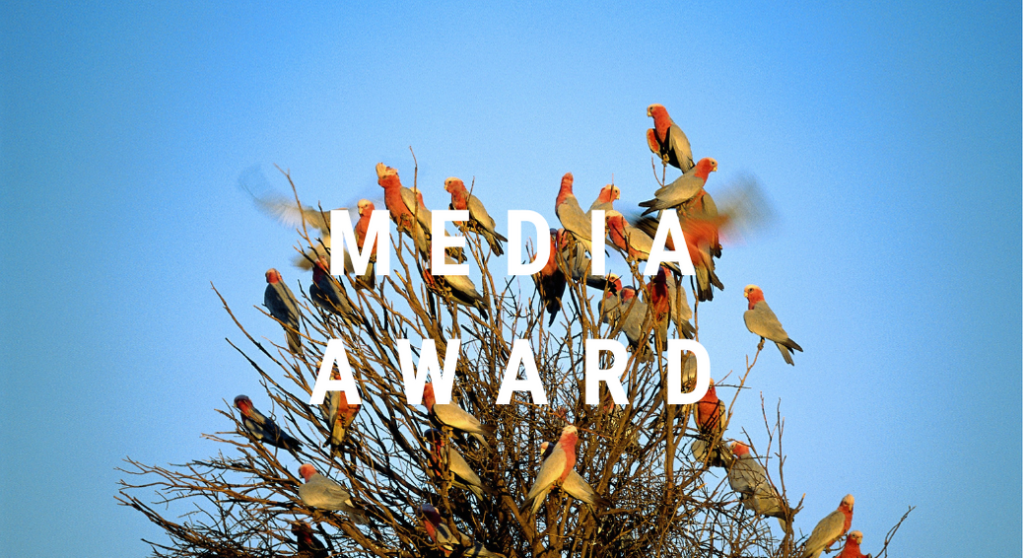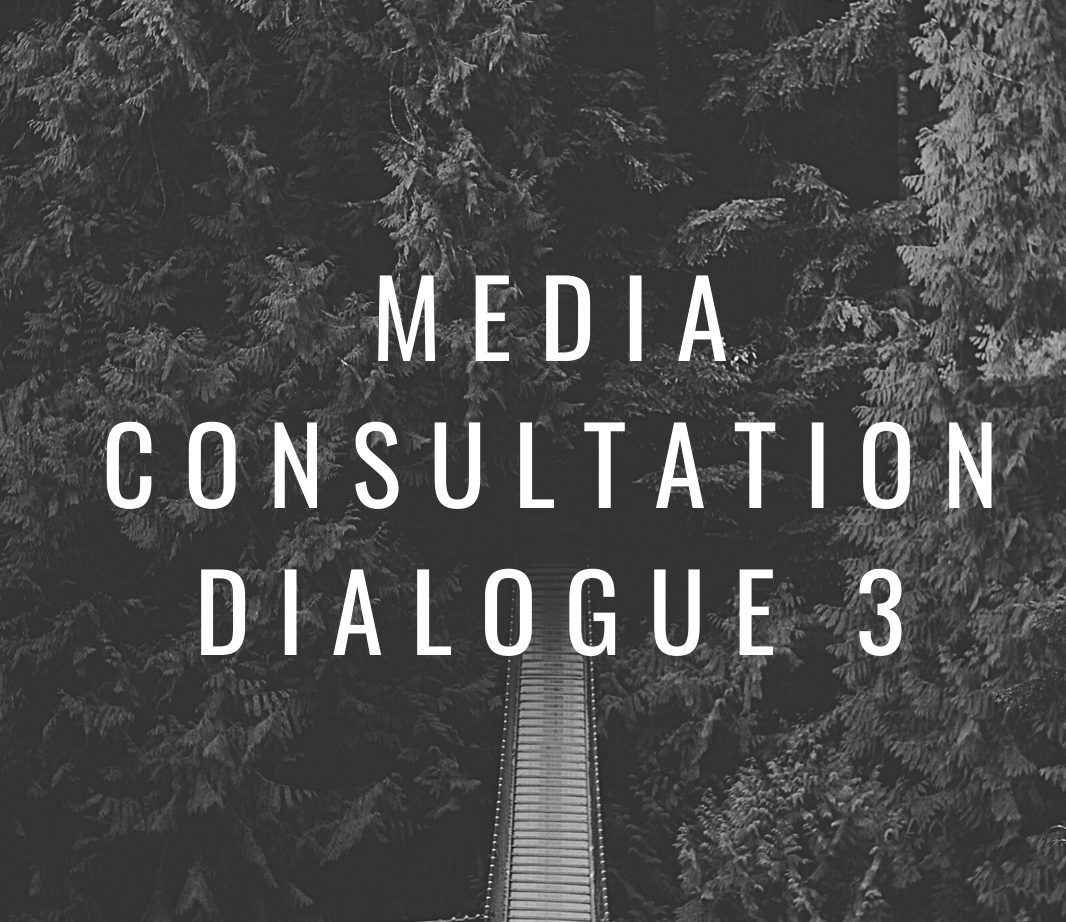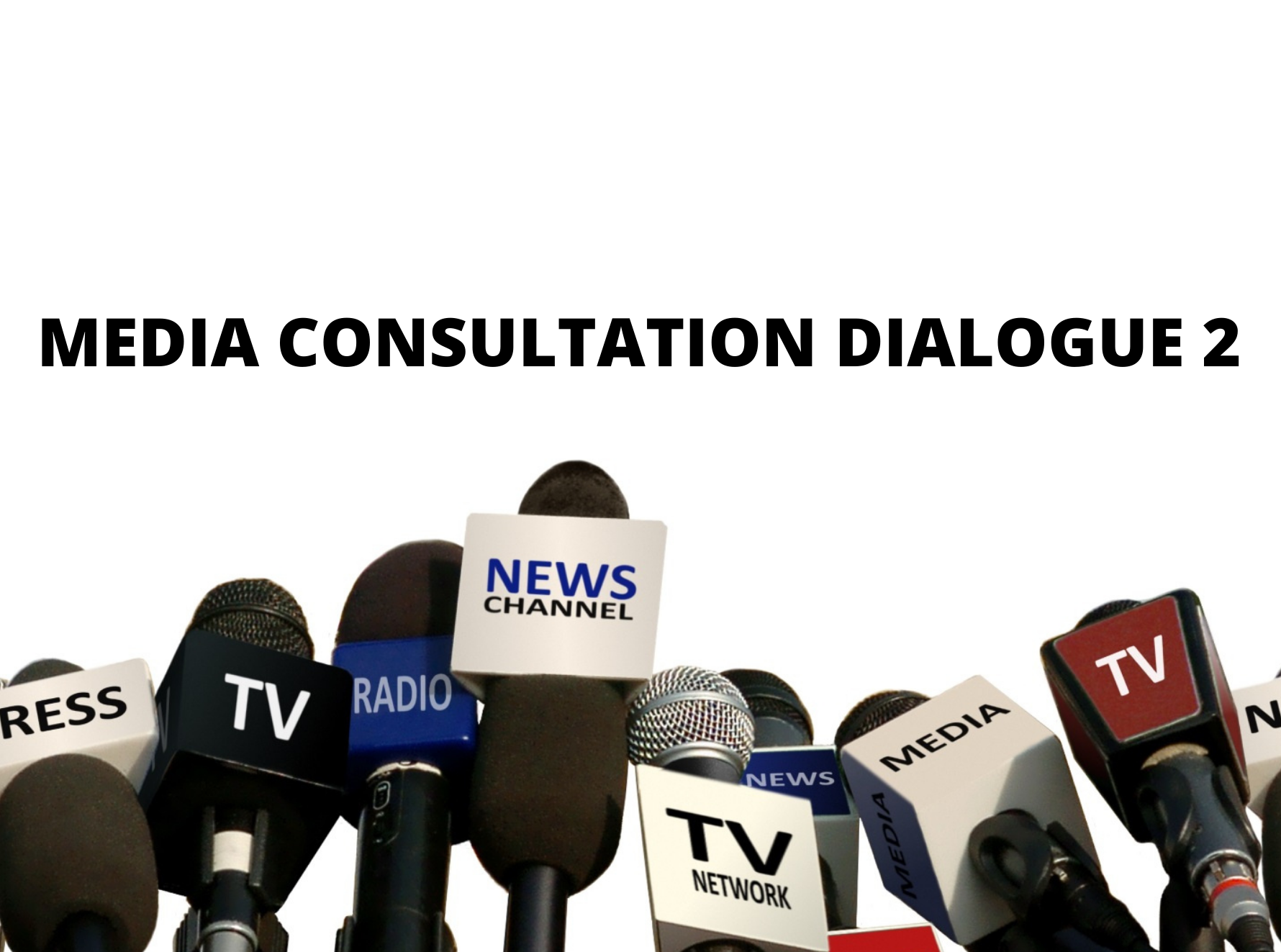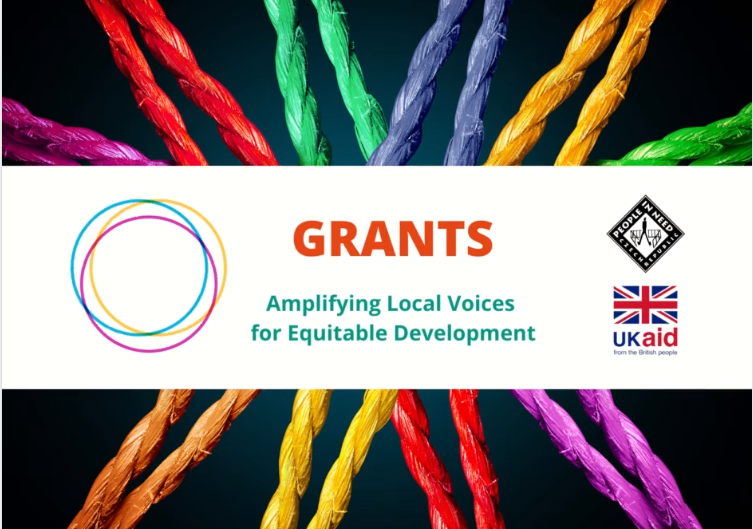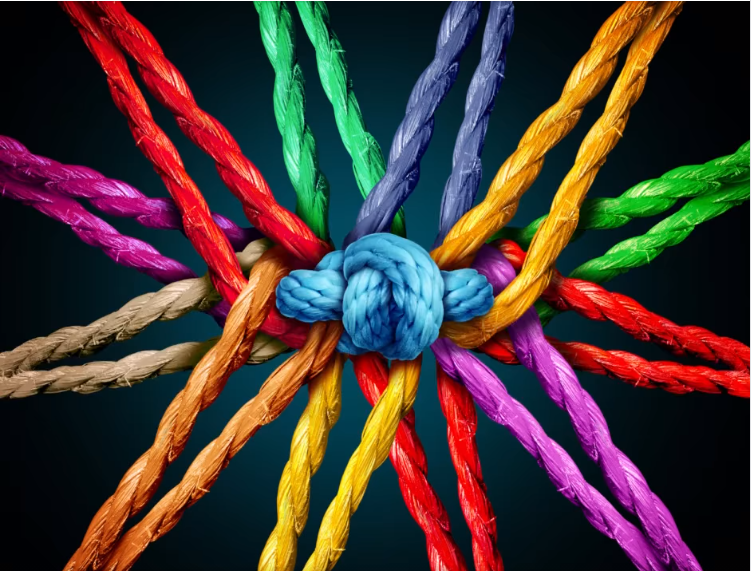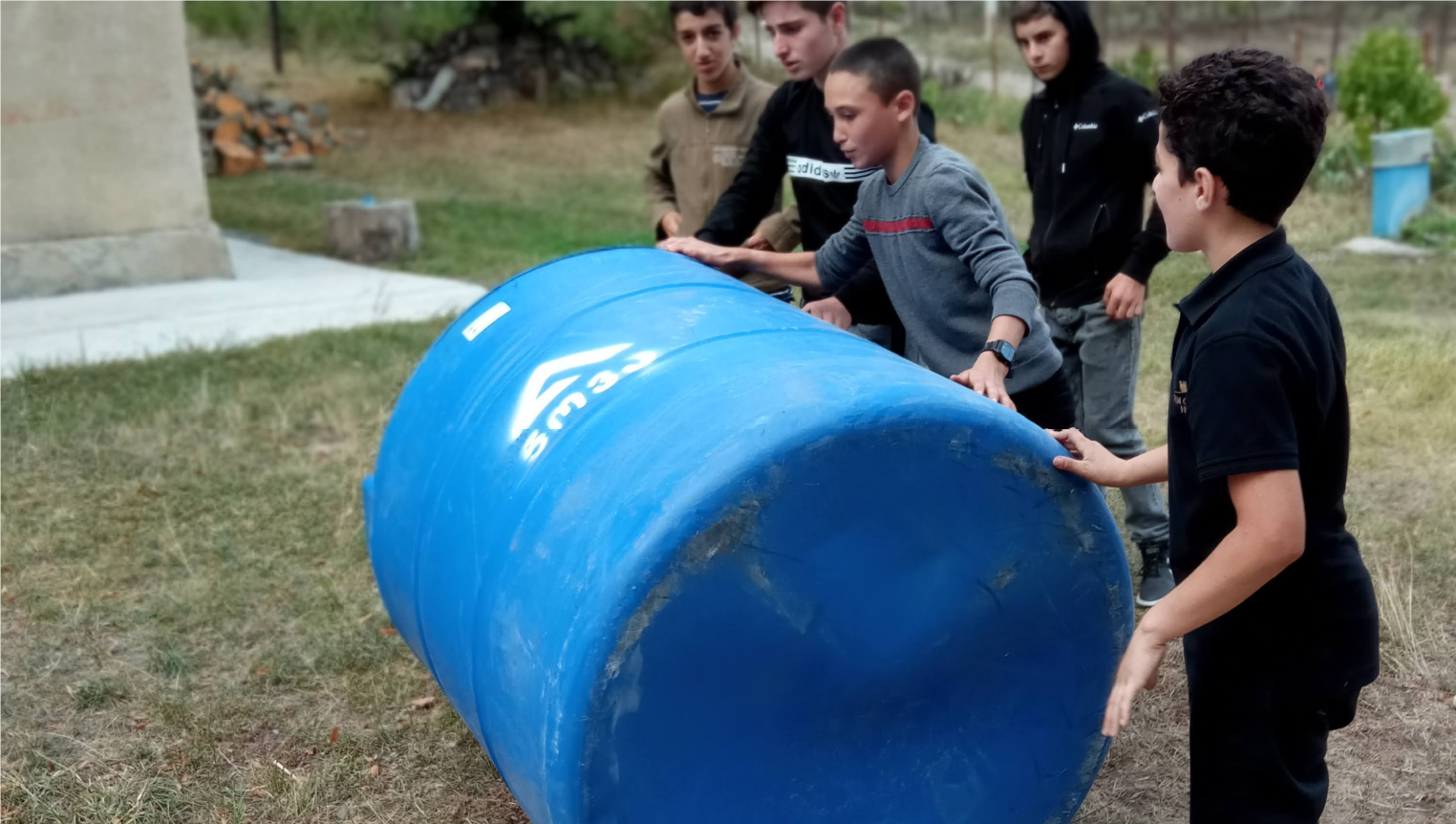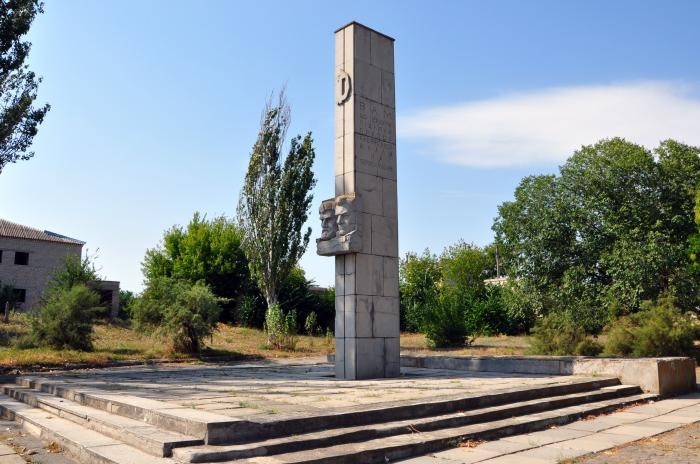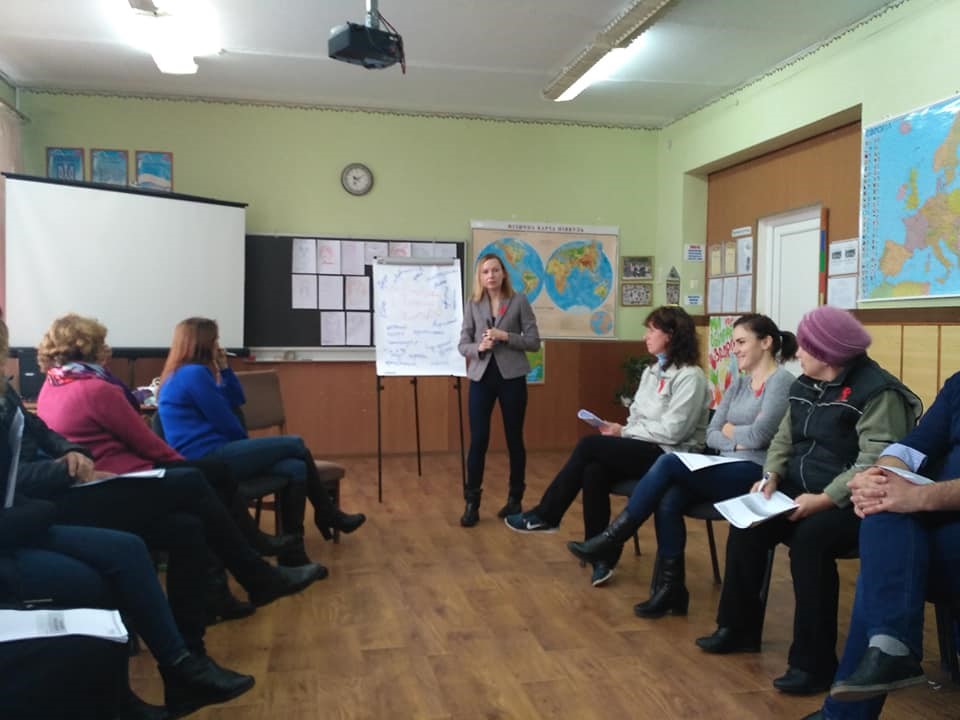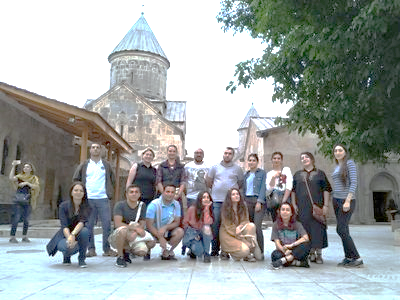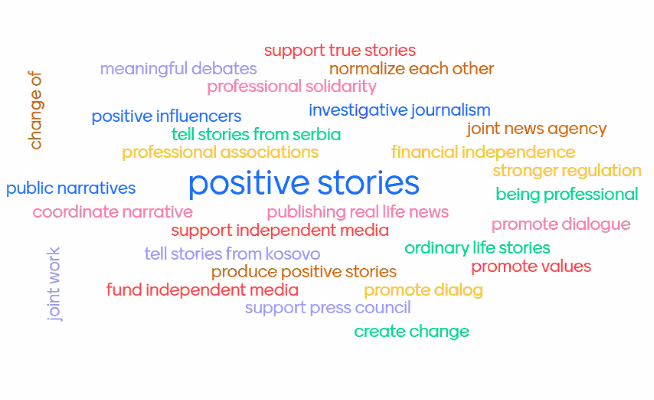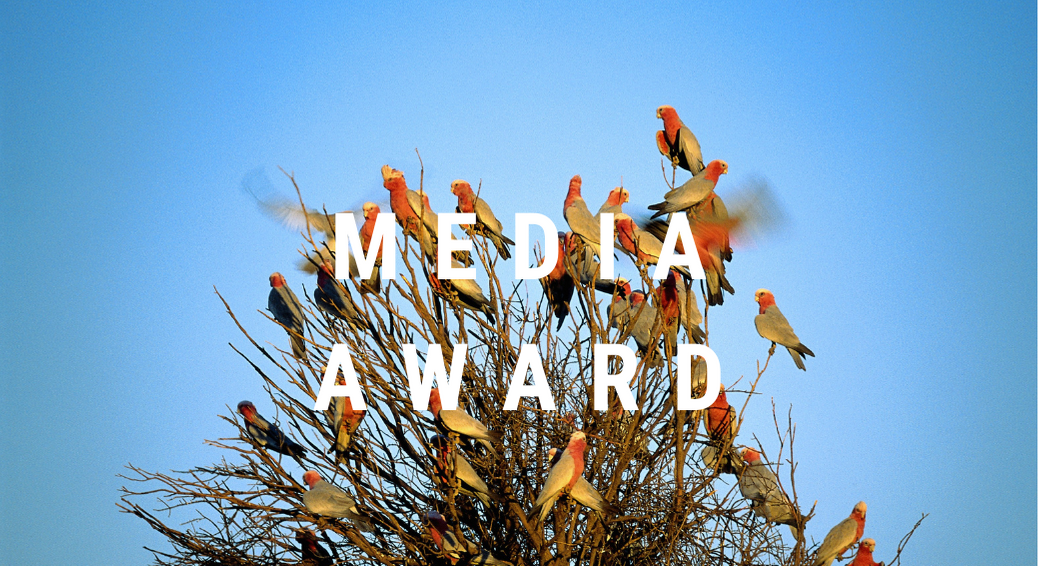
Peaceful Change initiative is calling on journalists, editors, media representatives, and others, to share with us their stories on multi-ethnic coexistence in Kosovo and Serbia. The idea was initiated by the Media Consultation Dialogue, an integral part of PCi’s Balkan programme.
With gratitude to all who have applied so far for the Media Award, PCi hereby announces an extension of the deadline for entries by three months. This means that stories published/broadcast between now and November 15th can also compete for the Award. The new deadline for submitting applications is now November 16th 2021. Stories going back to 15th August 2020 are also eligible.
The reason for the deadline extension is to try and stimulate journalists to generate media content which explores the positive sides of multi-ethnic co-existence. All entries sent so far remain in contention, but we want to give journalists and editors additional time to pursue stories that qualify for recognition by PCi’s Media Award. Good luck to all who want to compete for the Award.
For detailed information about how to apply, please click on the Terms of Reference below, available in English, Serbian and Albanian languages.
- Media Award – Kosovo and Serbia // Call for Applications
- Medijska nagrada – Kosovo i Srbija // Poziv za prijavljivanje
- Çmimi për Media – Kosovë dhe Serbi // Thirrje për aplikim
Stories published between 15 August 2020 and 15 November 2021 are eligible for the Media Award. To apply click on the following link: https://forms.gle/3XWBbGFMMJqBtiw47. The application deadline is 16 November 2021.
